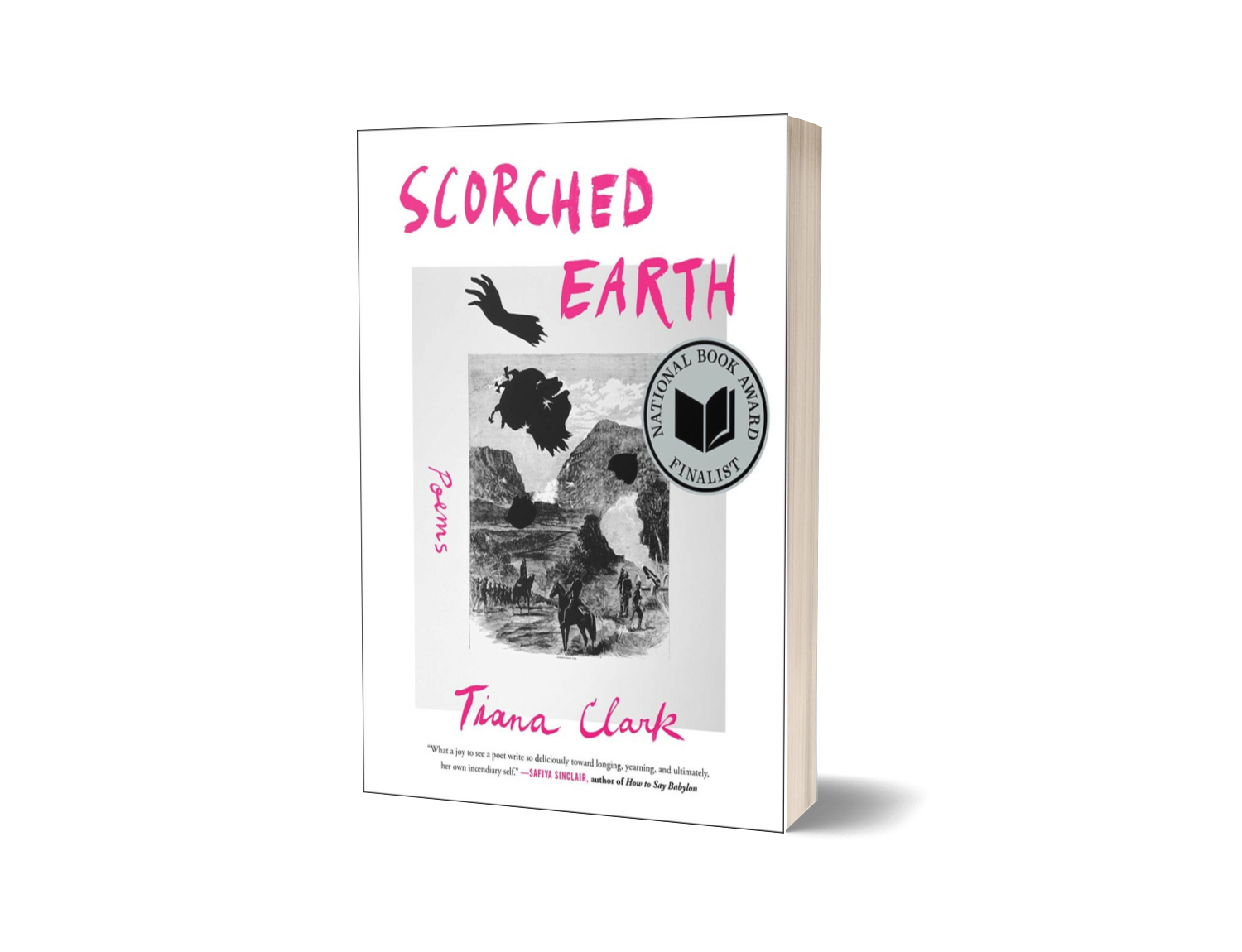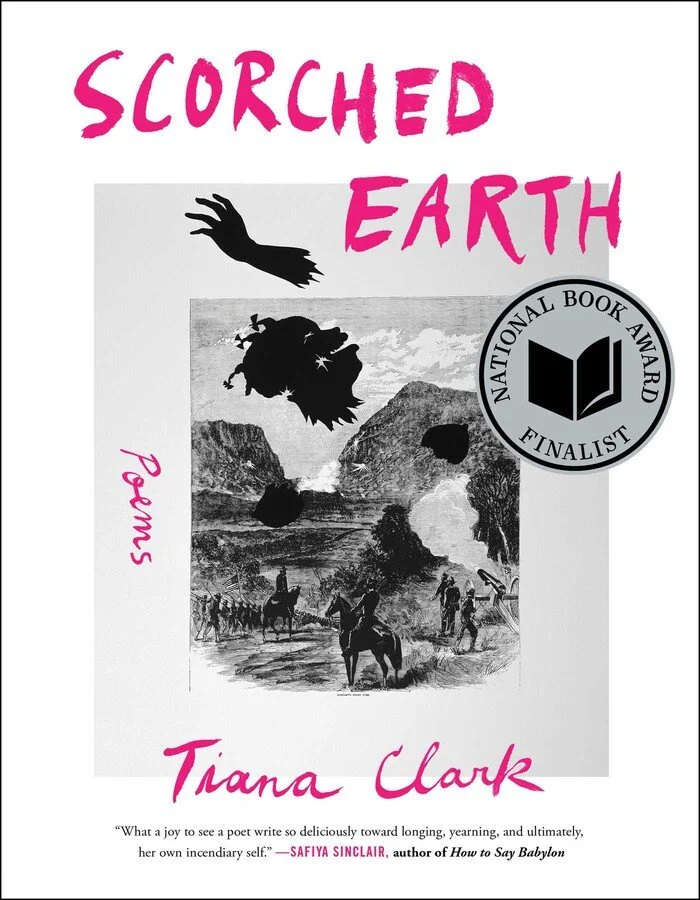 Image 1 of 2
Image 1 of 2

 Image 2 of 2
Image 2 of 2



I Was a Bell by M. Soledad Caballero
Winner of the 2021 International Association of Autoethnography and Narrative Inquiry Award for Outstanding Book
In this collection, Caballero imagines how memory frames and reshapes the present, how memory illuminates and limits the stories of ourselves, and how, despite the passage of time, primal moments in the past are the ghosts and echoes of our present.
These poems interweave an early childhood lived in another country and in another language with experiences of immigration and family histories in the United States. They create connections between a child’s naïve perspective of dictatorship and an adult perspective informed by bodily illness and political knowledge. Ultimately, Caballero traces a lineage of memory, exploring how present moments unearth the past that ripples through them. This collection does not reconcile the past and the present. Instead, these poems remind us that how we ask questions about ourselves, our histories, and our bodies is what creates our identities, our traumas, and our future hopes and possibilities.
Winner of the 2021 International Association of Autoethnography and Narrative Inquiry Award for Outstanding Book
In this collection, Caballero imagines how memory frames and reshapes the present, how memory illuminates and limits the stories of ourselves, and how, despite the passage of time, primal moments in the past are the ghosts and echoes of our present.
These poems interweave an early childhood lived in another country and in another language with experiences of immigration and family histories in the United States. They create connections between a child’s naïve perspective of dictatorship and an adult perspective informed by bodily illness and political knowledge. Ultimately, Caballero traces a lineage of memory, exploring how present moments unearth the past that ripples through them. This collection does not reconcile the past and the present. Instead, these poems remind us that how we ask questions about ourselves, our histories, and our bodies is what creates our identities, our traumas, and our future hopes and possibilities.
ABOUT THE AUTHOR
M. Soledad Caballero is a professor of English at Allegheny College. Her scholarly work focuses on British Romanticism, travel writing, postcolonial literature, WGSS, and interdisciplinarity. She is a CantoMundo fellow, has been nominated for two Pushcart Prizes, has been a finalist for the Missouri Review’s Jeffry E. Smith Editors’ Prize in poetry, the Mississippi Review’s annual Editors’ prize, the Lucille Medwick Memorial Award, and the Ruth Stone Poetry Prize. Her poem “Myths We Tell” won the 2019 Joy Harjo Poetry Prize for Cutthroat: a Journal of the Arts. She is a co-recipient of a National Endowment for the Humanities Connections Grant, as well as a Great Lakes Colleges Association Expanding Collaborations Initiative Grant. Her first poetry collection won the 2019 Benjamin Saltman Poetry Award, sponsored by Red Hen Press. Caballero splits her time between Meadville and Pittsburgh, Pennsylvania.










